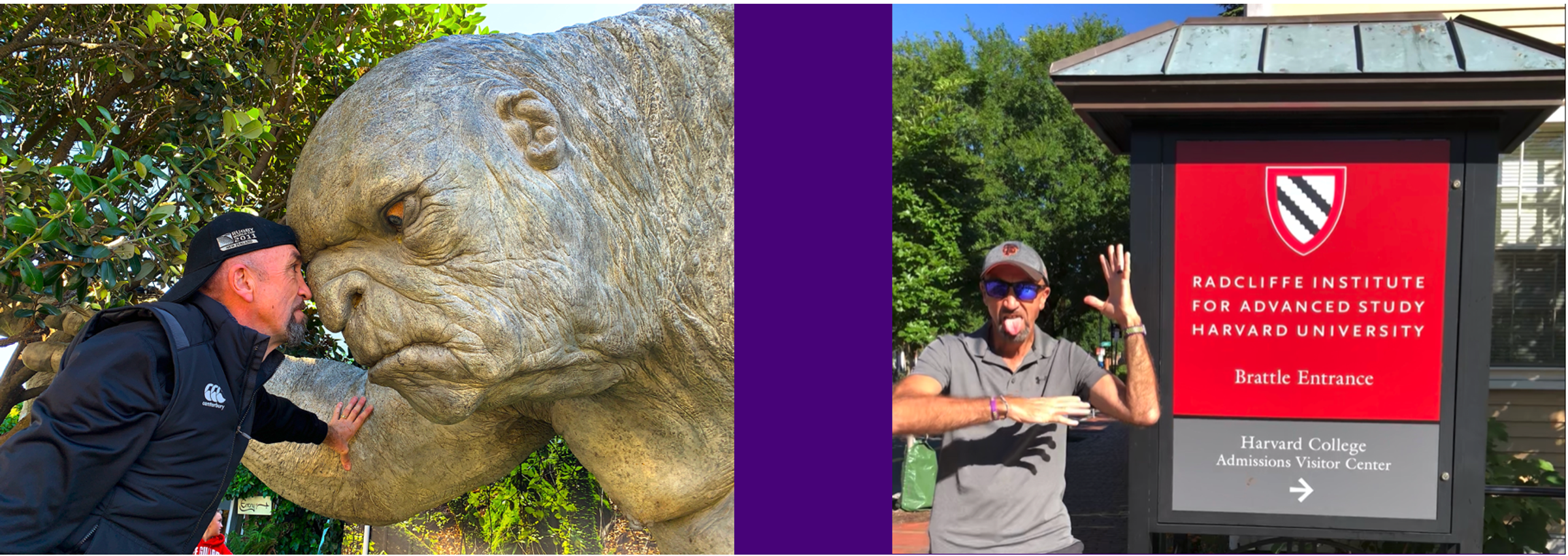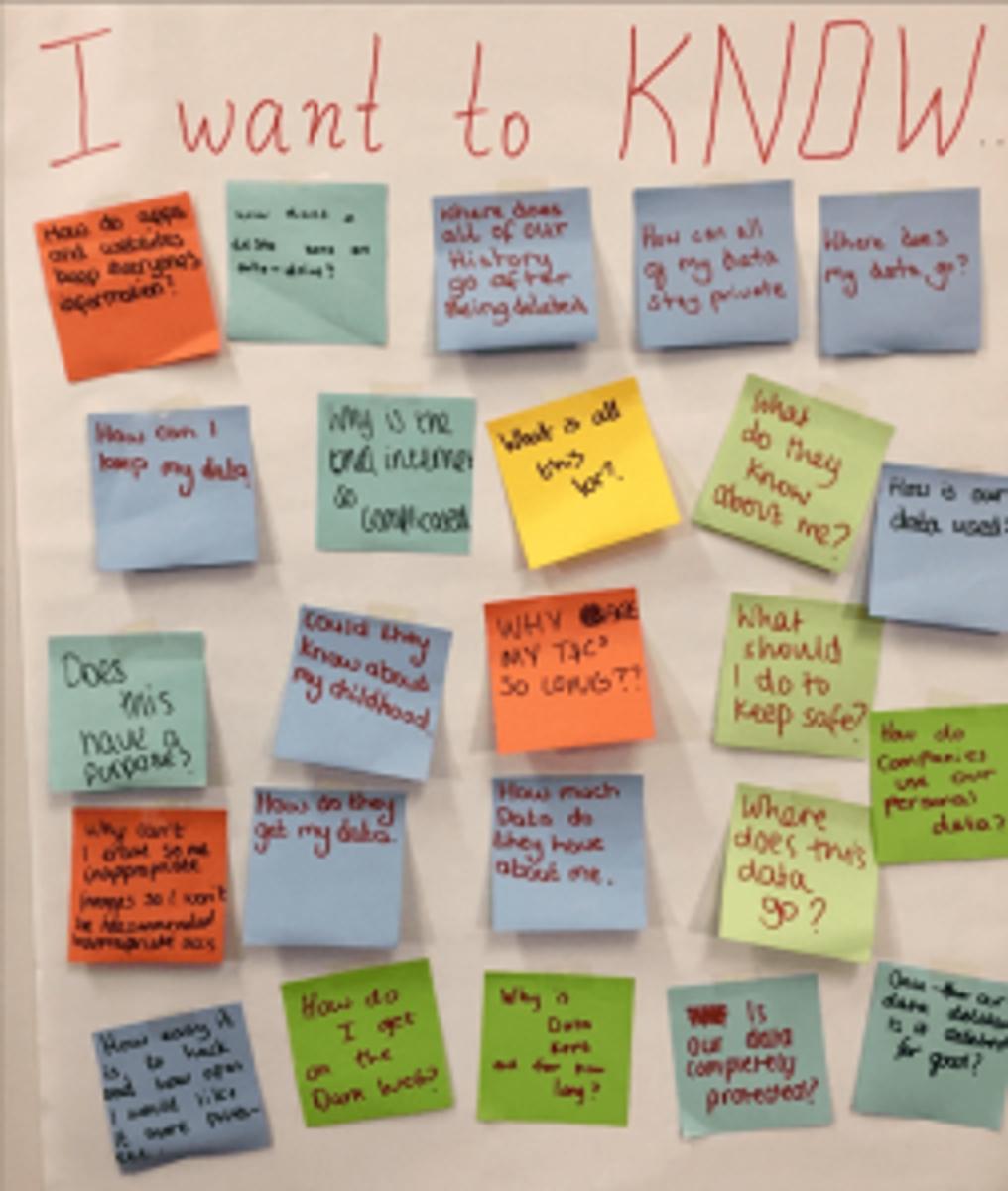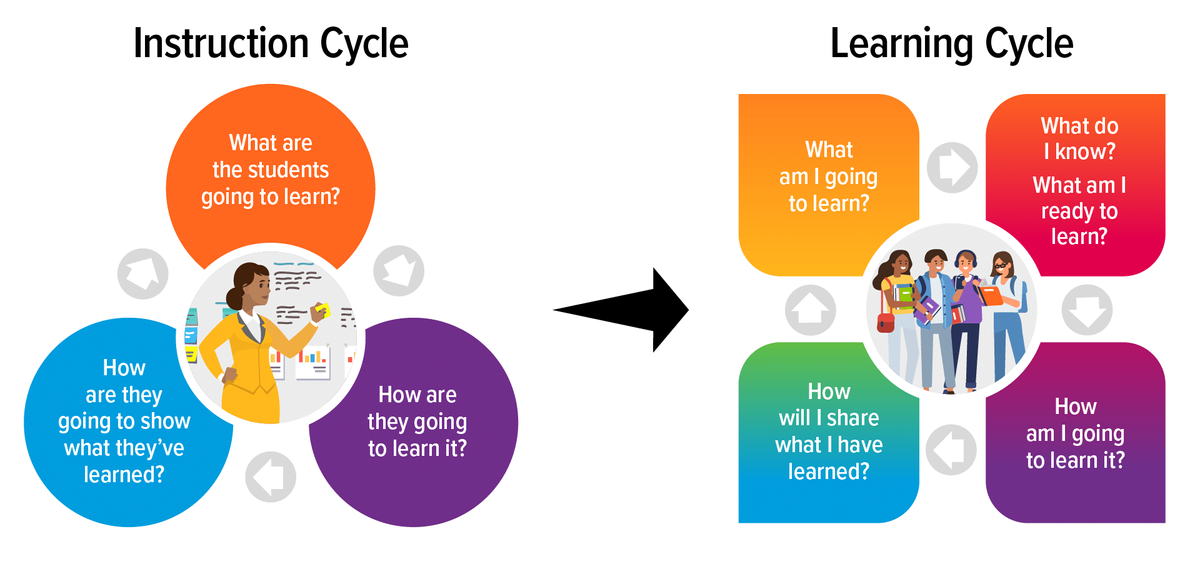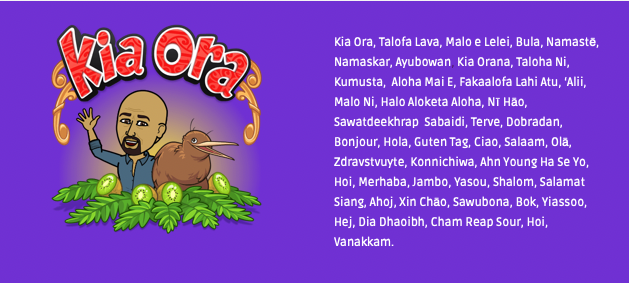Principal's Page

Kia Ora Friends - a Look at Our Human-Centred Approach to Learning
I read several lovely Facebook posts last week written by parents on a local community Facebook page. They shared how highly they regarded our school, our people and our approach.
One of the posts also noted how our decisions are based on the latest and best international research. It makes us proud to see our efforts and approaches are valued.
Last week I wrote about our Structured Approach to Play-Based Learning. This week I share a little of the research that underpins our bigger and broader approach to learning in general.
Human-Centred Learning Theories:
John Dewey
Dewey’s learning theory, known as experiential learning or progressive education, emphasizes the importance of learning through hands-on experiences and active participation. Dewey believed that education should be student-centred, focusing on the development of problem-solving skills and critical thinking. He argued that education should prepare individuals for active participation in a democratic society by fostering collaboration, communication, and social responsibility.
Lev Vygotsky
Vygotsky’s learning theory, known as the sociocultural theory, emphasizes that learning and cognitive development occur through social interactions and cultural context. The Zone of Proximal Development (ZPD) is a key concept in his theory, highlighting the difference between what a learner can do independently and what they can achieve with more guidance from a more knowledgeable person.
Paolo Freire
Freire’s learning theory highlights the importance of dialogue, critical thinking, and addressing social structures through education. He viewed being human as an ongoing process of becoming more aware, more engaged, and a critical thinker. Freire advocated for a problem-posing approach to education, fostering collaborative learning between teachers and students to develop critical consciousness, promote humanization, and work towards improved social conditions for all.
Blended Learning
Blended Learning is a concept that encompasses a set of educational approaches and techniques aimed at fostering deeper understanding, critical thinking, collaboration, and active engagement in the classroom. Drawing from John Dewey, Lev Vygotsky, and Paulo Freire's philosophies, Blending Learning nurtures essential skills, promotes intellectual growth, and elevates the overall educational experience for students and teachers alike.
Blended Learning believes education should be an active, student-centred process where learners are encouraged to explore, inquire, and reflect. This involves moving away from traditional, passive or even teacher-centred models of education and embracing experiential learning, problem-based learning, and collaborative activities. By engaging students in meaningful experiences, promoting deeper inquiry, and fostering critical thinking, Blended Learning aims to create a supportive, inclusive, and stimulating educational environment.
Collaboration is a key aspect of Blended Learning, as lessons are intentionally designed to have students solve problems with others. Students can share diverse perspectives and develop essential communication, teamwork, and leadership skills through this. This collaborative approach leads to more effective problem-solving and creates a sense of community and belonging in the classroom.
“We do not learn from experience... we learn from reflecting on experience.”― John Dewey.
John Dewey emphasized the importance of social interaction and collaboration in learning. His educational philosophy and writings reflect the value he placed on cooperative learning and student interaction. Dewey believed education should be an active and social process where students learn through experience, engagement, and interaction with their environment and peers. In his book “Democracy and Education” (1916), he discusses the importance of social interaction for intellectual growth and emphasizes that education should foster cooperative and collaborative skills, as these are essential for a democratic society.
According to Dewey, learning is most effective when it occurs in a context that involves real-life problem-solving, teamwork, and communication. He advocated for a shift away from traditional, teacher-centred methods of instruction and toward more student-centred, experiential, and collaborative approaches. This perspective aligns with the modern understanding of the benefits of collaboration in the classroom. It also aligns with future work no matter the field in which a student finds themselves - even in jobs that have not yet been invented.
“By giving our students practice in talking with others, we give them frames for thinking on their own.”
- Lev Vygotsky
Classroom discussions, grounded in Vygotsky’s social interaction theory, can significantly enhance the learning experience for both students and educators. High-quality discussions situated within Vygotsky’s Zone of Proximal Development (ZPD) encourage students to think critically and engage with the subject matter, promoting cognitive development and deepening their understanding of the material. When students participate in discussions, they transition from passive recipients to active learners, in line with Vygotsky’s emphasis on social interaction and collaboration as key drivers of learning.
These discussions help students develop essential skills, such as critical thinking, active listening, communication, and collaboration, and align with Vygotsky’s belief that learning is a socially mediated process. Engaging in discussions exposes students to different viewpoints and experiences, fostering empathy and cultural sensitivity, which are integral components of Vygotsky’s sociocultural perspective.
Summary:
Human-centred learning is an approach to education that prioritises the well-being and flourishing of learners.
For learners, human-centred learning can lead to a more engaging and personalised learning experience, with learning resources and activities that align with their interests and needs.
This leads to greater motivation and a sense of ownership over their learning process.
Human-centred learning can lead to a more fulfilling and rewarding teaching experience for teachers. Human-centred learning helps teachers better understand and respond to the needs of their learners, leading to more effective teaching and learning outcomes.
Overall, human-centred learning is an approach to education that seeks to create a supportive and empowering environment for learners, with a focus on their well-being and personal growth.
As always - if you have questions or concerns about anything school-related - email me at macash@mac.com, and I will get back to you asap.
My very best regards to you all,
Ash Maindonald
Principal.



